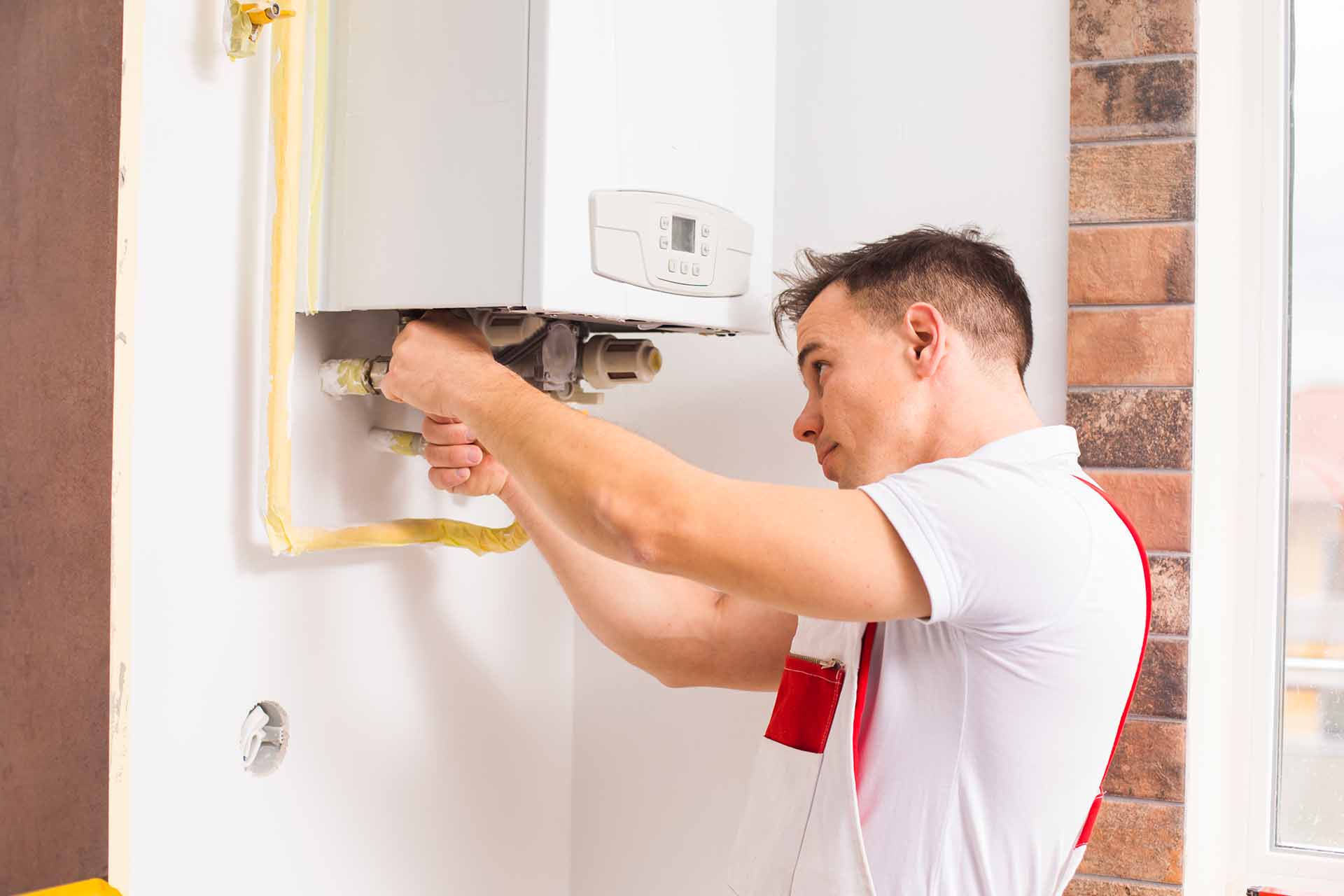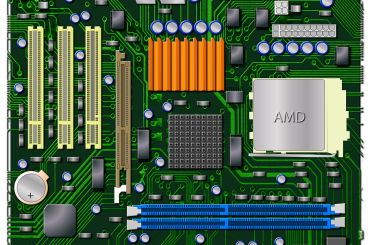Table of Contents
When it comes to our homes, we often become attuned to the usual sounds that our appliances make. Over time, these noises fade into the background, and we seldom give them a second thought. However, when an unfamiliar sound emanates from our trusty boiler, it’s only natural to become concerned. Is it a minor issue, or a forewarning of a more serious problem on the horizon?
Common Boiler Noises and Their Causes
1. Banging or Popping Sounds:
Often likened to the sound of a tiny explosion, banging noises can be a sign that there’s an accumulation of limescale or sludge on the heat exchanger. This build-up can prevent the even heating of water, causing the water to boil, steam and then bang against the insides of the boiler.
2. Whistling or Kettling Sounds:
Just as a kettle whistles when it boils, a boiler can produce a similar sound, commonly referred to as ‘kettling’. This noise is also typically due to the build-up of limescale or sludge, especially in areas with hard water.
3. Gurgling Sounds:
A gurgling sound could indicate air in the system or that the water pressure is too low. Often, this noise is heard in the radiators or the pipes rather than the boiler itself.
4. Ticking or Clicking Sounds:
A ticking sound is generally less concerning and is usually attributed to the normal expansion and contraction of the boiler’s components as they heat up and cool down.
How to Address These Noises
1. Power Flushing:
If the sounds you’re hearing from your boiler are due to a build-up of limescale, sludge or rust, a power flush might be in order. This process involves circulating a mixture of water and cleaning chemicals at high velocity through the heating system to dislodge and remove the debris.
2. Check the Water Pressure:
Gurgling sounds caused by low water pressure can often be fixed by simply re-pressurising the boiler. Your boiler’s user manual should provide guidance on how to do this. If you find yourself regularly having to re-pressurise, it might be time to call in a professional.
3. Bleed the Radiators:
Air trapped in the system can cause gurgling noises. By bleeding the radiators, you release this trapped air, allowing water to circulate freely.
4. Regular Servicing:
The best way to prevent most boiler noises (and issues) is to ensure that your boiler is serviced regularly by a Gas Safe registered engineer. This not only ensures that your boiler is operating efficiently but also prolongs its life and ensures the safety of your home.
When to Seek Professional Help
While some boiler issues can be easily addressed at home, it’s crucial to recognise when it’s time to call in the experts. Persistent noises, especially after trying some of the DIY fixes, may indicate a more serious underlying issue. Furthermore, if you ever doubt your ability to address a boiler issue safely, it’s always best to consult a professional. For instance, companies like iHeat specialise in boiler installations, repairs and maintenance, offering expert insights into the intricacies of boiler systems.
In Conclusion
Boilers, like all appliances, have their own language. By listening closely and understanding the sounds they produce, homeowners can often prevent minor issues from escalating into major problems. Regular maintenance and timely intervention are key. When in doubt, don’t hesitate to consult a specialist, to ensure the longevity and efficiency of your boiler. After all, staying warm during those chilly months is a top priority for everyone!





